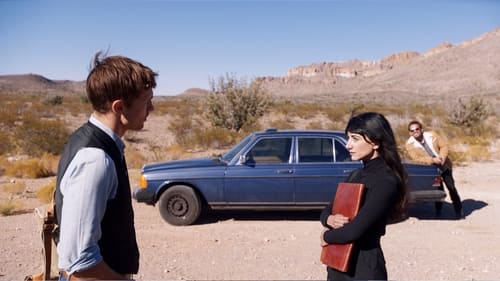
Old Man Newman
Simin is an Iranian woman on a journey to discover what it means to be a free American. She works for the Census Bureau which, in an effort to control its citizens, has begun a program to record their dreams. Unaware of this devious plot, Simin is torn between her compassion for those whose dreams she is recording and a truth she must find within.
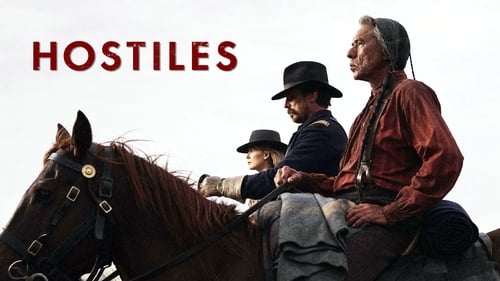
Train Conductor
A legendary Native American-hating Army captain nearing retirement in 1892 is given one last assignment: to escort a Cheyenne chief and his family through dangerous territory back to his Montana reservation.
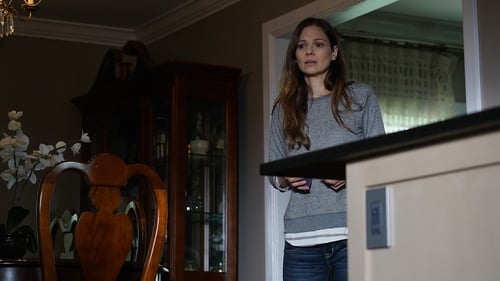
Frank
After learning that her abusive ex-husband is about to be released from prison, a woman flees with her teenage daughter back to her old hometown.
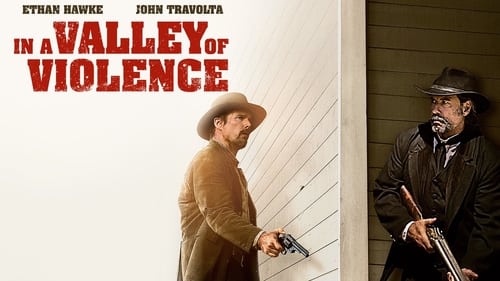
Bartender
The story of a drifter named Paul who arrives in a small town seeking revenge on the thugs who murdered his friend. Sisters Mary Anne and Ellen, who run the town's hotel, help Paul in his quest for vengeance.
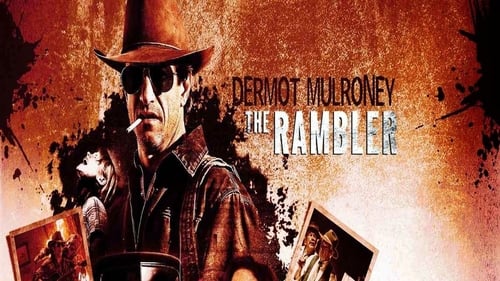
The Scientist
After being released from prison, a man known as The Rambler stumbles upon a strange mystery as he attempts a dangerous journey through treacherous back roads and small towns en route to reconnecting with his long lost brother.
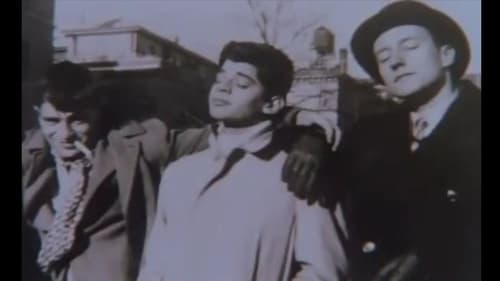
Associate Producer
Traces the Beats from Allen Ginsberg and Jack Kerouac's meeting in 1944 at Columbia University to the deaths of Ginsberg and William S. Burroughs in 1997. Three actors provide dramatic interpretations of the work of these three writers, and the film chronicles their friendships, their arrival into American consciousness, their travels, frequent parodies, Kerouac's death, and Ginsberg's politicization. Their movement connects with bebop, John Cage's music, abstract expressionism, and living theater. In recent interviews, Ginsberg, Burroughs, Kesey, Ferlinghetti, Mailer, Jerry Garcia, Tom Hayden, Gary Snyder, Ed Sanders, and others measure the Beats' meaning and impact.
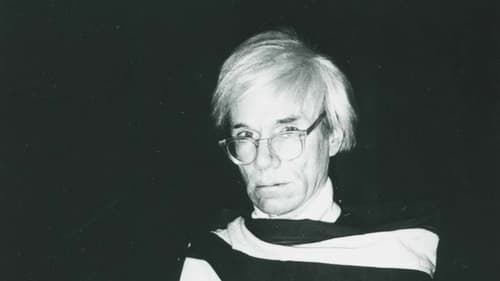
Line Producer
Documentary portrait of Andy Warhol.

Producer
A mentally disabled man gets help from a sociopath when he tries to reunite with his dying father, who years earlier disowned him.

Director
In this witty monologue, Quentin Crisp advises and opines about personal style (with a few digressions).






